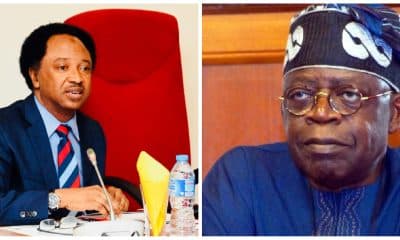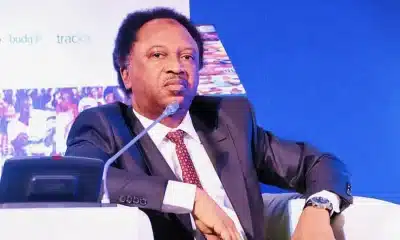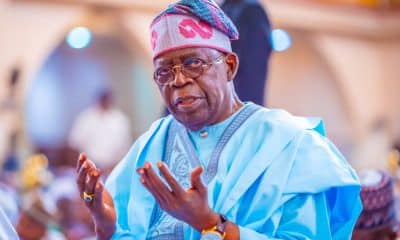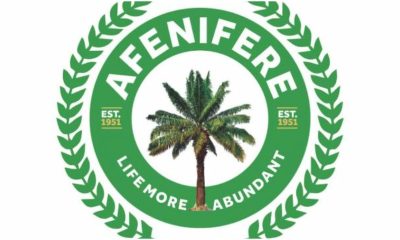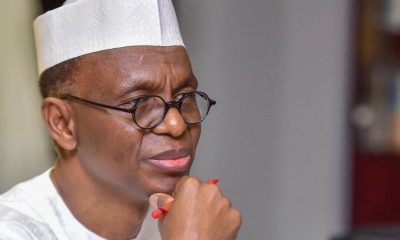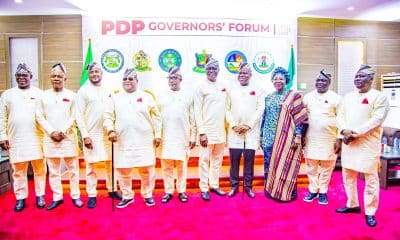Business
Declare State Of Emergency On Our Refineries – Oil Stakeholders To President Tinubu
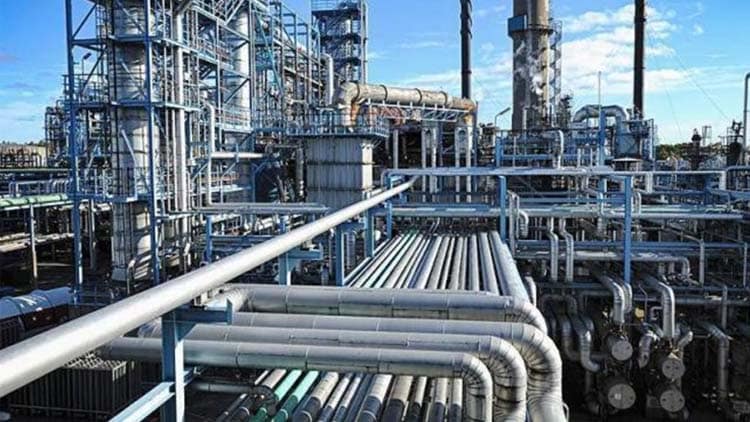
Stakeholders in the country’s oil and gas industry have called on President Bola Tinubu to declare a state of emergency on refineries.
Industry players have argued that declaring an emergency on Nigeria’s refineries would speed up the repair of the facilities.
Naija News reports that their grievances comes a few days after the president disclosed that the Port Harcourt refinery would commence operations by December 2023.
However, before then, stakeholders in the industry are seriously lamenting as scarcity of forex has led to a halt in the importation of petrol.
Marketers have complained that although the federal government has recently granted importing licenses to some dealers, they can’t import the product due to forex scarcity.
The President of PETROAN, Billy Gillis-Harry, told The Punch “So long as the naira is losing against the dollar, the price of petrol in our retail outlets will continue to increase. To address this, he called on Tinubu to make sure that Nigeria’s refineries were put back to use.
“We have requested that the President should declare a state of emergency on our refineries in order to speed up their repairs.
“That is the one sure way to go in order to be able to predict the price of petroleum products because, for now, every PMS you buy in any retail outlet is dollarised.”
The Executive Secretary the Major Oil Marketers Association of Nigeria ((MOMAN), Clement Isong, while speaking to the forex crisis, said marketers couldn’t find dollars at the moment, and sourcing forex from the I&E window or the parallel market is out of it.
He explained that “The I&E window is illiquid. There’s no money there.
“To buy products, it costs you between $25m to $30m. You can’t find it in the I&E window. So it doesn’t work, and that is why people are not importing.
“We can’t find dollar again, you can’t find it right now. Nigeria has to sort out the security issues in the Niger Delta so that we can increase our daily crude oil output. If we increase it to 1.8 or two million barrels per day, then there’ll be dollar in the market. So we need to stop oil theft.”
The MOMAN boss, however, disclosed that the government might have to intervene along the line adding that “Well, the President himself said in his speech that if they find petrol prices moving too high, they would intervene. We don’t want prices to move too high, nobody wants that.”
Speaking further, Isong noted that “The dealer that has bulk of the stock is the NNPC. So it influences the price in the market. Diesel, on the other hand, is different, because it has been deregulated for a very long time. So people will sell petrol depending on their cost structure, loans they took from the banks, forex, etc.
“Many things are put into consideration by dealers before coming up with their selling prices. There’s no one person who sets or controls the price. Nobody is controlling the price of PMS. Right now, NNPC, however, will continue to control the flow of the price. But after a while, that will stop.”
Meanwhile, the Acting Governor of the Central Bank of Nigeria (CBN), Folashodun Shonubi, gave reasons for the fall of the naira.
Shonubi, at a lecture titled ‘Diaspora Remittances and Nigeria Economic Development’ at the National Institute for Security Studies in Abuja last week, said the naira has continued to fall against the dollar due to the diversion of Diaspora remittances to the parallel market.

